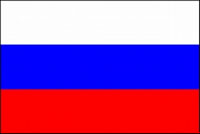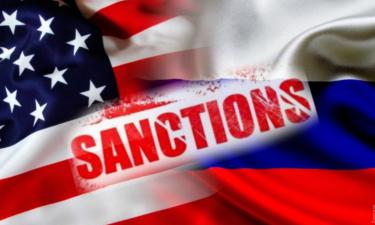Russia repeats long-standing criticisms of the Council of Europe as Moscow hostesa top-level delegation
The 46-nation council is the first major pan-European organization Russia will chair, and Moscow is expected to use its presidency to try to tame the criticism it gets from the body it joined 10 years ago.

The council and the affiliated European Court of Human Rights has sharply criticized Moscow for rights violations in Chechnya, abuses by its police forces, as well as infringements of media, social, religious and minority freedoms.
But Russia, which is the biggest financial contributor to the council, says the organization does not use the same criteria for all its members, slamming Moscow for things that go unnoticed elsewhere.
State Duma speaker Boris Gryzlov singled out the European Court for particular criticism, saying: "Our task as parliamentarians is to bring attention to the fact that the European Court should solely fulfill a legal function ... and not interfere in politics."
Gryzlov also in his televised comments for the council and the European Union to press Latvia and Estonia to respect the rights of Russian-speaking minorities in the two Baltic nations - a long-standing complaint by Moscow.
Rene van der Linden, the head of the council's Parliamentary Assembly, called PACE, said in a statement that Russia's six-month chairmanship gave it the opportunity "to demonstrate that it is a full part of democratic Europe, as an equal partner."
"It is now up to Russia to show that it can actively contribute to building a democratic Europe, which also includes finding peaceful solution to existing conflicts on our continent," he said.
Van der Linden and other PACE officials were scheduled to meet with President Vladimir Putin, the AP reports.
Lavrov was quoted as telling the European parliamentarians that Russia's democracy would develop at its own speed, apparently trying to deflect European accusations that Russia is becoming less democratic.
Subscribe to Pravda.Ru Telegram channel, Facebook, RSS!




